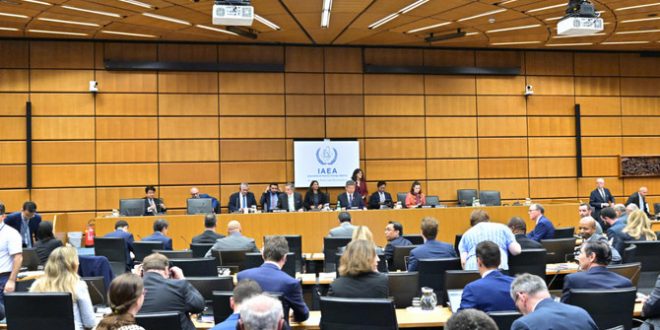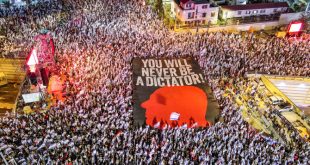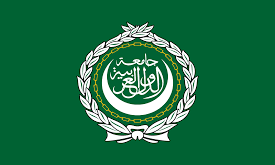VIENNA/JEDDAH: In a stinging rebuke, the UN atomic watchdog on Wednesday adopted a resolution formally criticizing Tehran for its failure to cooperate with inspectors monitoring Iran’s nuclear program.
The critical resolution at the International Atomic Energy Agency governors’ meeting in Vienna threatened to raise tension over Iran’s nuclear threat to the boiling point. It rebuked Iran for failing to provide “credible information” about unexplained fissile uranium particles discovered at three undeclared nuclear development sites.
US Ambassador Laura Holgate urged Tehran to cooperate with UN inspectors and said the aim of the censure motion was to hold Iran accountable. “Restricting IAEA acess and attempts to paint the IAEA as politicized for simply doing its job will serve no purpose,” she said.
Only two countries on the agency’s 35-nation board of governors, Russia and China, opposed Wednesday’s resolution; 30 voted in favor and three abstained. The motion brought by the United States, Britain, France and Germany.
The text says the board “expresses profound concern” that the uranium traces remain unexplained due to insufficient cooperation by Iran, and calls on Tehran to engage with the watchdog “without delay.”
Before the resolution was passed, Iran said it had turned off two cameras monitoring its nuclear program. Tehran deactivated two of the IAEA’s online monitors that observe the enrichment of uranium gas through piping at enrichment facilities. The move makes it even more difficult for inspectors to monitor Tehran’s nuclear program. Experts have warned that Iran now has enough uranium enriched close to weapons-grade levels to pursue an atomic bomb if it chooses to do so.
Building a nuclear bomb would still take Iran more time if it pursued a weapon, analysts say, though they warn that Tehran’s advances make the program more dangerous.
Talks in Vienna aimed at reviving the 2015 nuclear deal, which curbed Iran’s nuclear program in return for the lifting of economic sanctions, have been stalled since March.
France, Germany and the UK warned that the latest moves by Tehran were “further reducing the time Iran would take to break out towards a first nuclear weapon, and fueling distrust as to Iran’s intentions.”
They said: “The IAEA has been without crucial access to data on centrifuge and component manufacturing for a year and half now. This means that neither the agency, nor the international community, know how many centrifuges Iran has in its inventory, how many were built, and where they may be located.”
The countries urged Iran “to stop escalating its nuclear program and to urgently conclude the deal that is on the table.”
Israel hailed the resolution chiding Iran.
“This is a significant resolution that exposes Iran’s true face,” Prime Minister Naftali Bennett said in a statement, adding that IAEA members had “worked together with the aim of arresting and preventing Iran’s attainment of nuclear weaponry.”
“If Iran continues with its activities, major countries should bring the Iranian issue back to the Security Council,” he added.
 Pressmediaofindia
Pressmediaofindia




